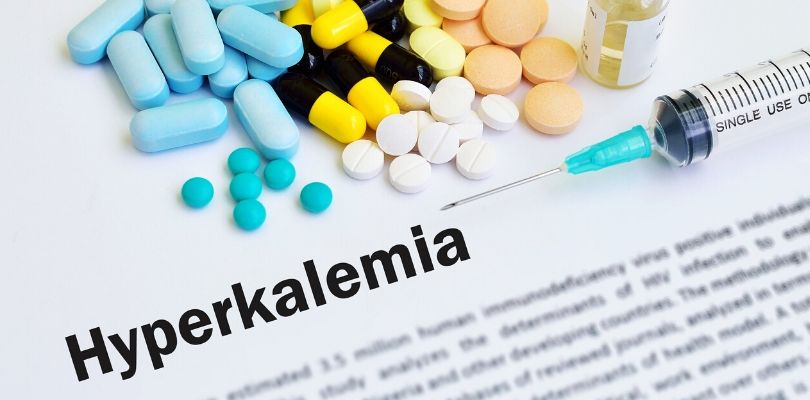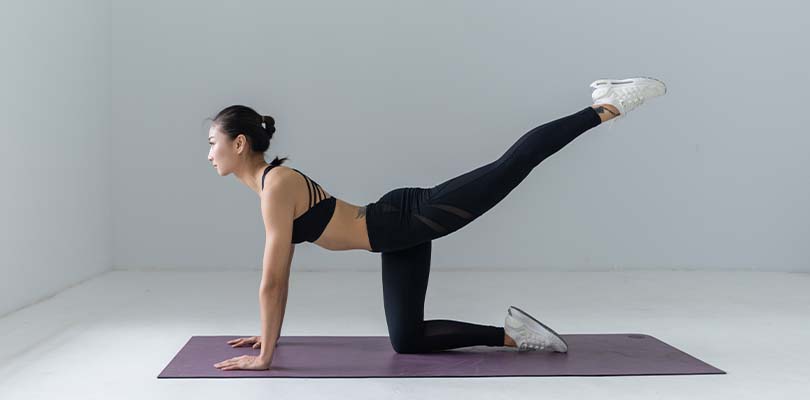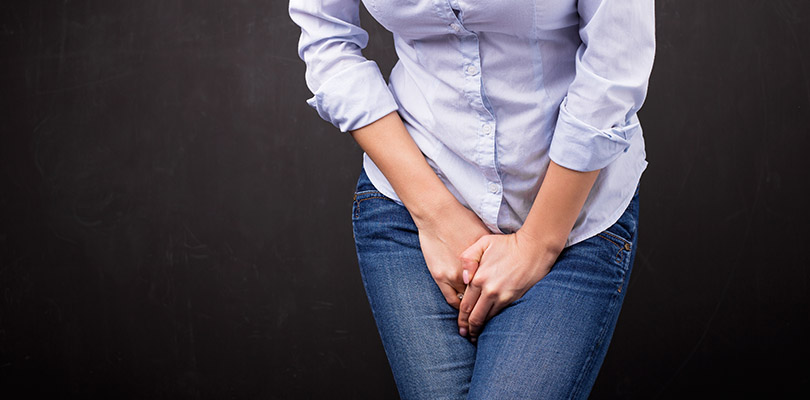Photo Credit: Wavebreakmedia / iStockphoto.com
Do I Have Anxiety?
People frequently seek out the answers to profound life questions. What does my future hold? How can I be happy? Will I ever be rich and famous? Should I leave my spouse or stay in the relationship? Unfortunately, trying to find the answers to these questions is only going to leave you frustrated and disappointed. They have no answers.
Instead of spending your time searching deeper for the answers, you can benefit from asking different questions. Consider a question like “Do I have anxiety?” It may seem to have the same lack of clarity as the others, but this question is different. It has an answer, and the answer is, “yes.”
If you are reading this, it means that you have anxiety. Not because you are reading about anxiety online, but because you are alive. Every person has some level of anxiety built into them. Most of the time, anxiety does not deserve the negative connotation that others assign to it. Chances are good that anxiety has even saved your life.
Anxiety Positives
Anxiety is hardwired into everyone, and it has been this way for thousands of years. The best example of anxiety is the “fight or flight” response. “Fight or flight” is an anxious response that keeps you safe from dangerous situations. If you were confronted by a bear in the woods your anxiety would trigger your feet to run before you even realized it. This is the flight response. The fight response would be if you hit a poisonous snake with a rock before it could bite you.
Fight or flight” is a major benefit of anxiety, but there are others including:
- Anxiety can boost your memory, attention, and alertness improving your performance at school and work
- Anxiety can boost your strength, speed, and hand-eye coordination improving your athletic performance
- Anxiety can be a good motivator that permits you to complete a project efficiently
Pathological Anxiety
For some people, anxiety regularly crosses the line from helpful to hindrance. Since everyone has some level of anxiety, there becomes a fine line between typical and atypical intensity, frequency, and duration of anxiety. Consider these questions to decide if anxiety might be a problem in your life.
- Do I worry excessively? Just like everyone has anxiety, everyone worries; but knowing how much is too much can be challenging. To find the answer, begin tracking the times that you worry. Excessive worry could be related to intensity as well as duration, so when you track your worrying, rate how strong the feelings of worry are. Pay attention to what your worry is saying, and what it tries to convince you to do.
Vitamin B12 helps to support adrenal function, maintain a healthy nervous system, caring for your skin and hair, and critical for proper bodily function.
- Do I have panic attacks? Having panic attacks is a clearer sign that you have problems with anxiety. A panic attack is an incident of extreme fear and worry that lasts for a period ranging from a few minutes to a half hour. During a panic attack, you may feel like you are having a serious medical concern. You might be sweaty, dizzy, confused, and fearful. Your heart might be pounding, your breathing will be short and shallow, and you can feel shaky.
- Do I have a phobia? Phobias are extreme fears linked to a specific person, situation, object, or thing. Some people have an overly strong reaction to snakes, spiders, heights, and many other things that trigger an irrationally fearful response. Generally, this is a phobia. Being afraid of an alligator that is trying to bite you would not be a phobia because there is good reason to be scared.
- Is my physical health in danger due to lack of sleep or poor appetite? Levels of anxiety that are higher than normal will wreck your body. Anxiety leaves you physically tense and rigid, which leads to being chronically fatigued and lethargic during the day. Anxiety makes it harder to sleep at night because your mind continues racing, and you don’t feel much like eating. All of these aspects are related to higher stress and diminished physical health. If you are experiencing trouble sleeping, eating, or feeling relaxed, anxiety might be the explanation.
- Is leaving the house challenging? Anxiety builds, grows, and strengthens by shrinking your comfort zone. Usually, it starts slowly with you resisting or avoiding social situations for fear of judgment or embarrassment. Then, as time goes on, you fear leaving the house altogether because the fear of “what if?” is too strong. What if something bad happens? What if someone gets hurt? Staying in your home too much is problematic since it cuts you off from many of your supports. Being in seclusion allows anxiety to take over.
- Are my symptoms getting worse? You may notice emerging trends with your anxiety getting better or worse. Rarely does it remain the same. If it is improving, there could be effective coping skills you have uncovered to facilitate the improvements. If the symptoms are worsening, it could be a sign that you have an abnormal level of anxiety and one that requires treatment from a professional. Assessing your own symptoms can be tricky at times, so be sure to include feedback from the supports in your life. How do they view your situation?
- Has anxiety negatively affected my work, school, or relationships? Even people with high levels of anxiety may do well to manage their symptoms effectively through healthy coping skills like healthy eating, getting enough rest, exercising, and spending time with supports. For others, anxiety begins to cause problems at work, school, in social situations, with the law, and physical health. If anxiety is negatively impacting any of these areas, it is a sign that anxiety is a problem.
- Do I use bad habits to improve my anxiety? As mentioned above, using good coping skills can lessen the impact of anxiety. The opposite is also true. People will begin habits like drinking alcohol, using drugs, avoiding all stress, overeating, and others to suppress their anxiety. This may work in the short-term but has negative long-term repercussions. Answering “yes” to this question means that your anxiety may be serious.
Conclusion
Do you have anxiety? Yes. Do you have anxiety that could be a diagnosable mental health disorder? That is a question only to be answered by a mental health professional who has completed a detailed psychosocial history. There is no risk in being evaluated professionally. Even if anxiety is not terrible, it can always be improved. Just be sure to leave the assessment and treatment to the professionals.







